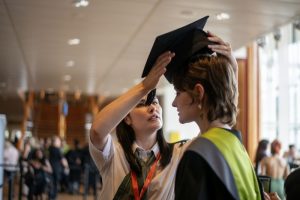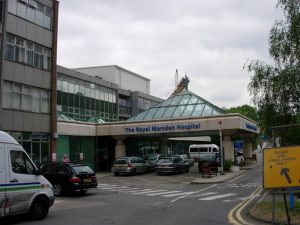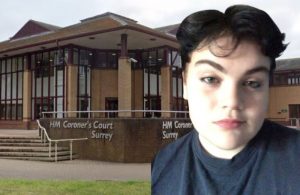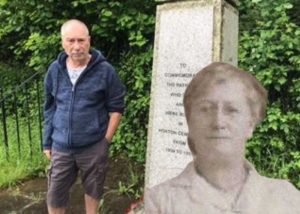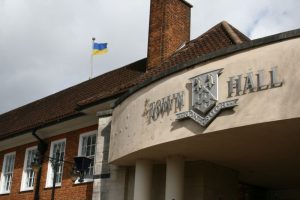A Surrey teacher has been banned after messaging pupils about thongs, favourite underwear, and shaving.
[The Teachers’ Regulation Agency (TRA) has not published the name of the school in the interests of pupils. The Epsom and Ewell Times has decided not to publish the name of The Teacher for the same reason.]
The Teacher has been prohibited indefinitely from the profession and can no longer teach in any school, sixth form college, relevant youth accommodation or children’s home in England.
The 30-year-old can apply to have the order set aside after June 29, 2026 and has one month to appeal the Secretary of State’s decision.
In a Teachers’ Regulation Agency (TRA), she was found to have behaved unacceptably and brung the teaching profession into disrepute after failing to keep professional boundaries with pupils between February 2023 and May 2023.
The panel, which sat in her absence after The Teacher declined to attend the June 2024 hearing, found she communicated with pupils via social media – discussing underwear, relationships, shaving, body piercing and vaping. The TRA did not name the school in their report, to prevent undue harm to pupils.
The Teacher was also said to have met up with pupils outside school and later tried to conceal her behaviour – asking them not to communicate with her, while her social accounts were being monitored and deleting exchanges.
The report reads: “Instead of teaching the dangers of social media to young children taking their initial steps into the online world, The Teacher actively exposed them to such risks. …..The panel therefore found that The Teacher’ actions constituted conduct that may bring the profession into disrepute.”
In a signed statement of agreed facts, The Teacher admitted the allegations in full.
They read: The Teacher admits that she engaged in discussions… in connection with underwear. The Teacher accepts that she initiated a conversation …about the topic of thongs, which was in response to (a pupil) asking what underwear The Teacher owned. The Teacher also accepts that she received messages… in which (a pupil) described what underwear she liked. The Teacher also accepts (a pupil) sent The Teacher internet images of underwear that (a pupil) liked. The Teacher accepts that she discussed with (a pupil) what underwear The Teacher owned and how [they] wore their underwear”,
The Panel Decision and reasons on behalf of the Secretary of State for Education report read:
The teacher also messaged about whether she had a boyfriend and “what things put her off”.
A week after pausing communications while accounts were being monitored, messaging started up again, with the teacher telling the pupil “not to tell anyone about their contact.”
The Teacher also admitted deleting a large majority of messages in an effort to conceal what had been sent. She also admitted to deliberately misleading the school over the nature and extent of her communication with pupils on social media.
The report read: “At the school’s suspension meeting, The Teacher accepts that she told the school the pupil had been in communication with her for one week and that The Teacher had been trying to ‘bat her away’.”
The Teacher is prohibited from teaching indefinitely and cannot teach in any school, sixth form college, relevant youth accommodation or children’s home in England. She may apply for the prohibition order to be set aside, but not until 29 June 2026, 2 years from the date of the order.
Image: Ibrahim.ID Creative Commons Attribution-Share Alike 4.0 International licence.


